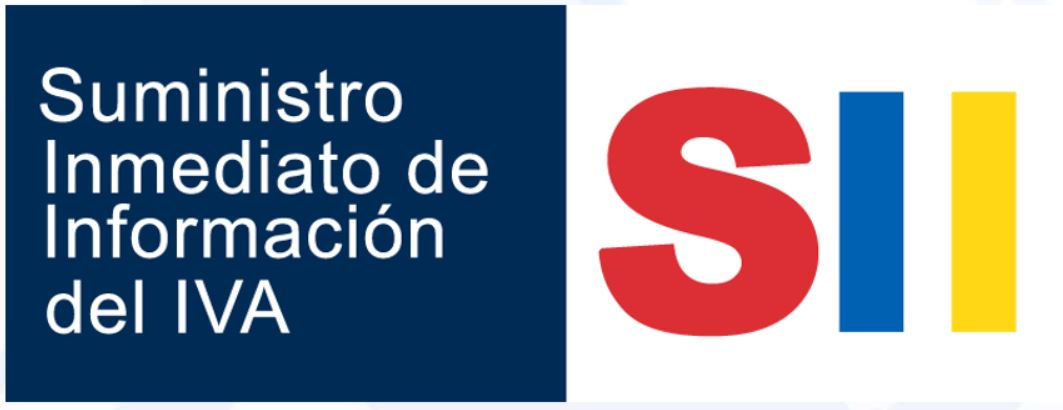VAT management (SII) in the electronic invoicing program Uniclass
More than 60,000 companies, all those with a turnover of more than six million euros, those in VAT groups and those registered in the REDEME (VAT Monthly Return Register) have been obliged since last July to send the Tax Agency the data of their invoices telematically within four days of their issuance. These companies account for 80% of Spain’s business turnover. The penalties foreseen could be 6,000 euros per quarter, plus 1% of the annual turnover.
SII, VAT, Taxation and Digital Transformation

But, together with these declared and express objectives, in these months we have observed another important derivative, related to this legislative change, and that is the covert obligation to address the digital transformation of their internal processes of accounting, data recording and communication with the AET, if they have not already done so. Also to implement an update and improvement of their fiscal IT management systems to automate this new way of operating.
This short period of time, between the issuance and digital presentation of invoices, forces companies to speed up data entry and registration in their IT management systems. In turn, the data must be recorded in a specific way, which implies changes in the way financial data is generated and stored digitally, because the Tax Agency, in the specifications of the new SII system, has established a specific data structure to record the information of each invoice and to prepare the XML files that are sent telematically.
In addition, the SII standard encourages the digitalization of other companies not required by law. If they join this system of digital and instantaneous communication of invoices, companies and taxpayers are no longer required to file tax forms 347 (transactions with third parties), 340 (book of records) and 390 (annual VAT summary). In addition, they will be able to file and pay periodic VAT self-assessments 10 days later than usual. Finally, and for a better management and transparency of this tax, companies will be able to compare the information in their record books with the information submitted by customers and suppliers that are also within the SII.
New Uniclass billing software modules
To simplify the adaptation of accounting and invoicing processes and to take advantage of the benefits that SII offers companies, aggity has developed two specific modules for its financial management system Uniclass Financial SolutionThe XML files, which organize the invoice data according to the AEAT structure, generate XML files and send and manage them in a simple and secure way.
Data configuration module for billing operations
The data configuration module for invoicing operations is able to collect and organize information on accounting data including VAT, on invoices issued and received, and on intra-community operations. Each transaction is automatically associated to specific VAT codes, invoice types, log books, etc. In addition, aggity’s parameterization services adapt the business operations to the new SII system and not the other way around.
On the other hand, it must be taken into account that in each shipment (10,000 invoices maximum per XML file), the Tax Agency can reject or accept, requesting the correction of invoice errors, even on a unitary basis. The aggity module incorporates maintenance and modification functionality, so the company can solve such problems at the level of the information stored and generated exclusively for this communication.
Module for transfer and management of shipments and responses
The module for the transfer and management of dispatches and responses allows companies to submit all invoice books to the AEAT within the required deadline. The system allows, in a simple way, to select the data to be transmitted according to the company, record books, periods and types of operation, so that the company can establish an organized communication system according to its internal management needs.
When sending the information, the aggity module generates the necessary XML files and transmits them to the AEAT. It also manages the reception of response messages, with details of each of the invoices, so that managers can clearly see which invoices have been fully accepted, with errors or rejected. Identifying errors quickly is vital to resolving problems in a timely manner and avoiding penalties or surcharges. The module also allows the organized consultation of all the operations submitted to the AEAT, together with the details of their status.
Written by BDI Comunicación for aggity
Últimos posts

IBM Think 2024 bets on Generative Intelligence and It Automation solutions

aggity participates in the “Mobility Dialogues” meeting organized by IN-MOVE by Railgrup

aggity appoints Diego Viudes as new commercial director for the spanish business

Key developments in green innovation

Aggity signs a commercial agreement with Sener to address energy efficiency and decarbonization projects in the industrial sector.

“Sustainability, without data, is simply a pipe dream.”

Improvements in corporate data protection





